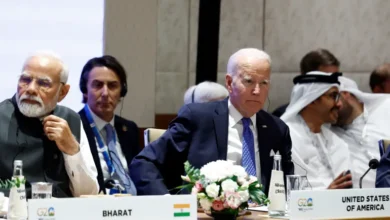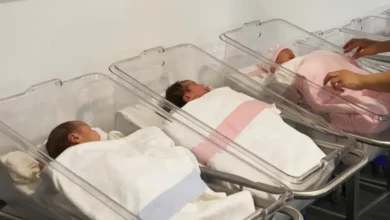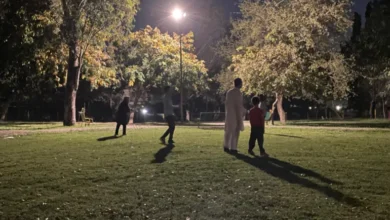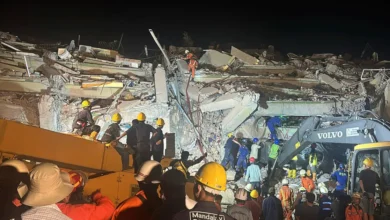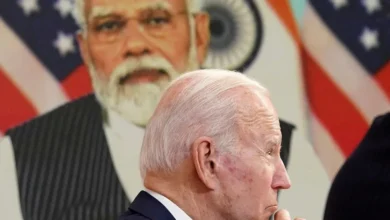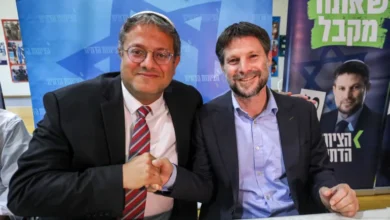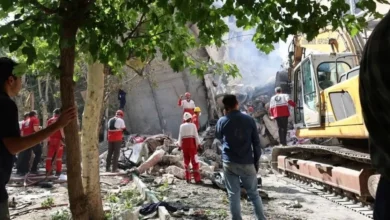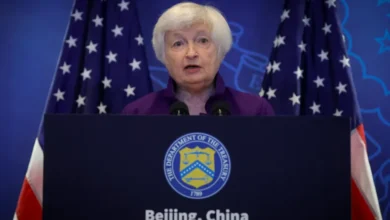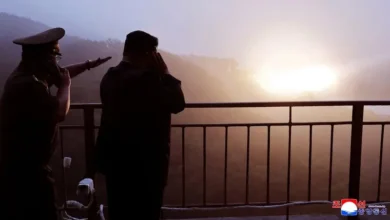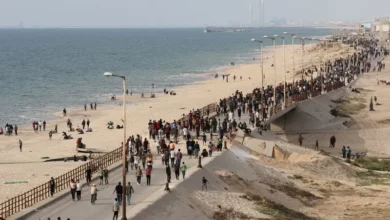Thousands of Israelis return to the streets to protest against judicial reforms
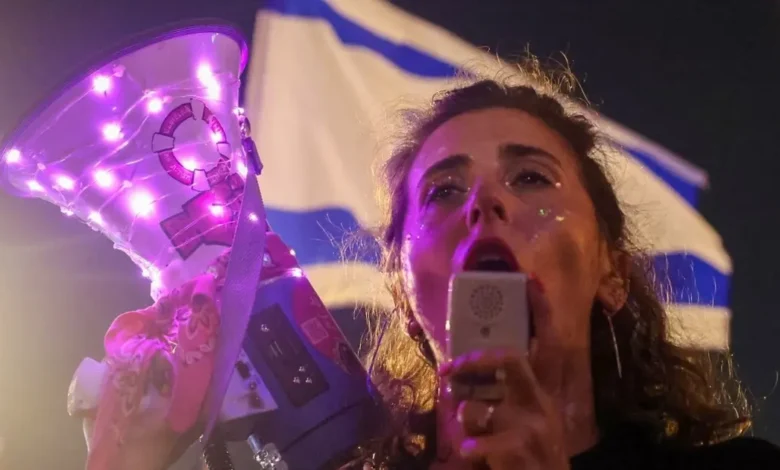
Thousands of Israelis returned to the streets of Tel Aviv late Thursday to protest against parliament’s approval of a key component in the hard-right government’s controversial judicial reform package.
On Monday, Prime Minister Benjamin Netanyahu and his coalition allies pushed through a bill in the chamber, which opponents say opens the way to more authoritarian government.
The bill limits the “reasonableness” clause used by the Supreme Court to overturn government decisions which the judges deem unconstitutional.
Waving Israeli flags and chanting “Democracy, Democracy!” protesters rallied on Thursday evening in Tel Aviv, the epicenter of the demonstrations since the judicial overhaul package was first unveiled in January.
The controversial reforms have split the nation and triggered one of the biggest protest movements in Israel’s history.
On Monday lawmakers passed the bill with 64 votes in the 120-seat chamber after opposition lawmakers boycotted the vote, chanting “shame, shame.”
Netanyahu’s coalition government, which includes far-right and ultra-Orthodox Jewish parties, argues that the proposed changes are needed to ensure a better balance of power between elected officials and the courts.
Protesters had demonstrated late into the night after the vote on Monday, and police had to use water cannon and mounted officers to disperse them.
Dozens of protesters were also arrested.
An amendment to the “reasonableness” clause is the first major component of the reform package to become law.
Other proposed changes include allowing the government a greater say in the appointment of judges.
Critics accuse Netanyahu, who is on trial for corruption on charges that he denies, of trying to use the reforms to crush possible judgments against him.
He rejects the accusation.
The “reasonableness” clause was most recently cited by Israel’s top court to force Netanyahu to remove an ultra-Orthodox cabinet member over a previous tax evasion conviction.
The protests have drawn support from across the political spectrum and among secular and religious groups, blue-collar and tech sector workers, peace activists and military reservists.
